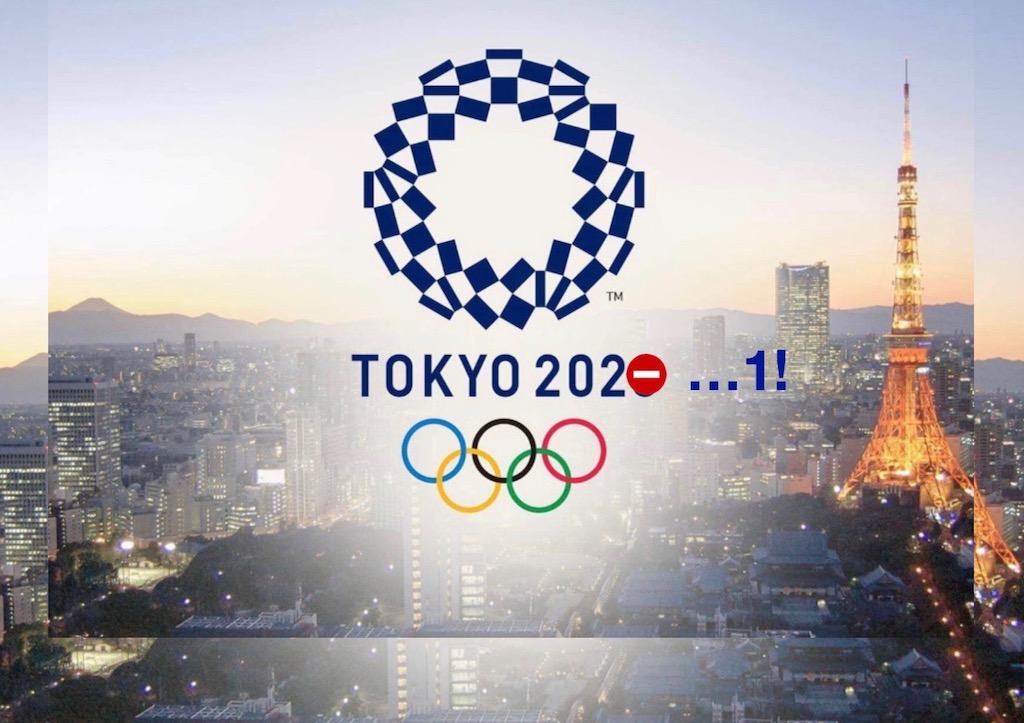
Twenty unnamed athletes are ineligible to compete in the Tokyo Olympics after failing to meet anti-doping guidelines, the Athletics Integrity Unit announced Wednesday. The test’s results listed Nigeria the most, with 10 competitors unable to represent the country out of the 23 it entered for the Games.
Athletes from “Category A” countries — or those considered to be of “the highest doping risk to the sport” — must undergo at least three urine and blood tests without notice to be conducted no less than three weeks apart within the 10 months leading up to a major event to be eligible to compete at the Olympics, according to National Federation Anti-Doping Obligations.
In 2021, the Federation identified seven countries as “Category A” nations, including Belarus, Bahrain, Ethiopia, Kenya, Morocco, Nigeria and Ukraine. The anti-doping tests this year found at least one athlete from each “high risk” country who did not meet the minimum anti-doping testing requirement, except for Bahrain.
Eighteen athletes from the final entries of the Olympics failed minimum requirements, while two additional competitors from Kenya were replaced by the National Federation before they were submitted to officials, the Athletics Integrity Unit said.
“National Federations must play their part in supporting anti-doping efforts,” David Howman, chairperson of the AIU, said in a statement. “The eligibility rules for athletes from ‘Category A’ countries are very clear and compliance is essential for cementing the required long-term changes and ensuring a level playing field for clean athletes.”
The framework of the rule that prohibits the 20 athletes from competing was put into place in January 2019. Under the protocol, National Federations are responsible for ensuring the appropriate anti-doping measures are in place within their respective jurisdictions.

